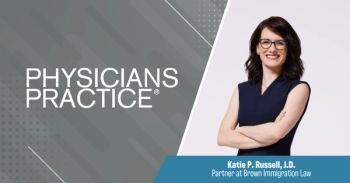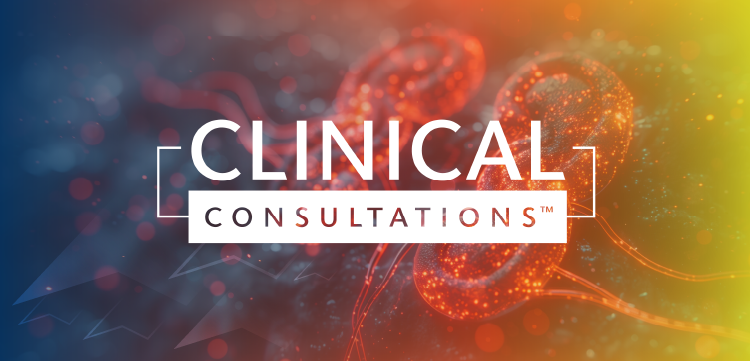
Practice Rounds: No Healthcare Privacy for Young Adults
Despite HIPAA protections, young adults still on parents' health policies have little privacy. In some states, that is beginning to change.
Welcome to Practice Rounds, our new weekly column exploring what's being covered in the larger world of healthcare.
Young Adults Have Limited Health Privacy
One of the protections afforded by the Affordable Care Act allows young people to remain on their parents' insurance policies until the age of 26. But that benefit also comes with reduced privacy protections. While the confidentiality of patient information is largely protected under HIPAA,
Physicians Lag on Referrals for Lung Cancer Screening
Family physicians lag behind in low-dose computed tomography (LDCT) lung cancer screening referrals for high-risk patients,
Pharma Industry Highest-Ever Ad Spending
An annual ranking of 200 leading U.S. advertisers by Advertising Age found that pharma industry advertising rose 15.6 percent in 2015, more than any other industry
Primary Care and the Opioid Crisis
Primary-care physicians have found themselves in a quandary. They are professionally obligated to help patients who suffer from chronic pain, yet the most-often requested treatment (opioid drugs) is at the center of a growing addiction crisis. Medical Economics reports that per-capita opioid prescriptions grew by 7.3 percent from 2007-2012; two million people abused or were dependent on prescription opioids in 2014; and more than 1,000 people per day are treated in EDs for abusing opioids. To find out how physicians should respond to this crisis read
Quote of the Week
"A lot of doctors will transfer their interest in their captive insurance [company] as part of estate planning and provide that to their children or to their grandchildren. So they are giving away their captive insurance company as part of a trust. This is all part of legitimate estate planning as well."
Philip Garrett Panitz, JD, tax attorney
Newsletter
Optimize your practice with the Physicians Practice newsletter, offering management pearls, leadership tips, and business strategies tailored for practice administrators and physicians of any specialty.













